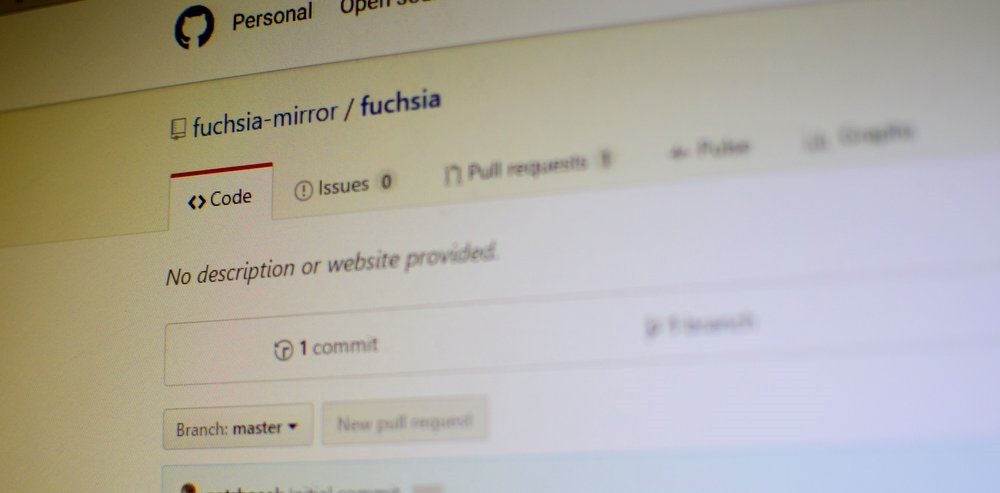Fuchsia, Google’s New Operating System May Work Uniformly on All Devices!

On Google’s Github page, the company has hinted at a new operating system it will be developing soon for integrating all the devices. The page simply mentions “Pink + Purple == Fuchsia” but that doesn’t let people from contemplating what the software giant has in its mind.
Google’s existing operating systems like Android and Chrome OS run on Linux kernel, but because of some operating issues in using these systems for other services like GPS units etc. is forcing Google to look outside Linux.
Further git repositories of Fuchsia reveal that it will be based on the Magenta kernel, which has been known to work on a variety of devices without any problems, including a smartphone and a laptop all at once. So it could possibly point to one whole OS instead of disintegrated ones.
Android Police notes, “Magenta is designed to scale much better, enabling Magenta to work on embedded devices, smartphones, and desktop computers. For this to happen, Magenta improves upon its LittleKernel base by adding first class user-mode support (a necessity for user accounts) and a capability-based security model (which would enable something like Android 6.0’s permissions to work).”
What defines Fuchsia?
The new kernel is not the only technology different from Google’s existing operating systems. Android Police says that Google is using Flutter for improving user interface, a new project that helps developers build high-performance and high-fidelity mobile apps from a single codebase.
Dart has been chosen as the primary language for programming, which allows easy scaling and deployability to different devices. Finally, Escher, a rendering software, will be used for visual effects and cleaner material design UI of the OS.
Overall, the kernel, the programming language and other technical systems will be adopted for creating Fuchsia by keeping in mind scalability and employability to multiple devices at once. Looking at Android right now, we feel Fuchsia will be more like an OS for Internet of Thing(IoT).
Will Google’s other OSes fade away?
It seems unlikely that Google will altogether eliminate its popular Android and Chrome OS in the near future and this may just be a pilot for Google so as to test a new OS. A lot of companies have been developing their own OS like Samsung’s Tizen OS and Huawei’s own OS to test how they perform compared to Android.
Google might be looking into the possibility of replacing all the existing OSes with Fuchsia, but nothing can be finalized right now. For all we know, Google is just trying out new kernels to test their performance as compared to Linux, the proven champion.
Existing Google OS users need not worry, your Android operating system is not going anywhere. Even if Google does plan to release Fuchsia to all users, it wouldn’t happen in another 2-3 years, and even then Android won’t become obsolete.
Source: AP
